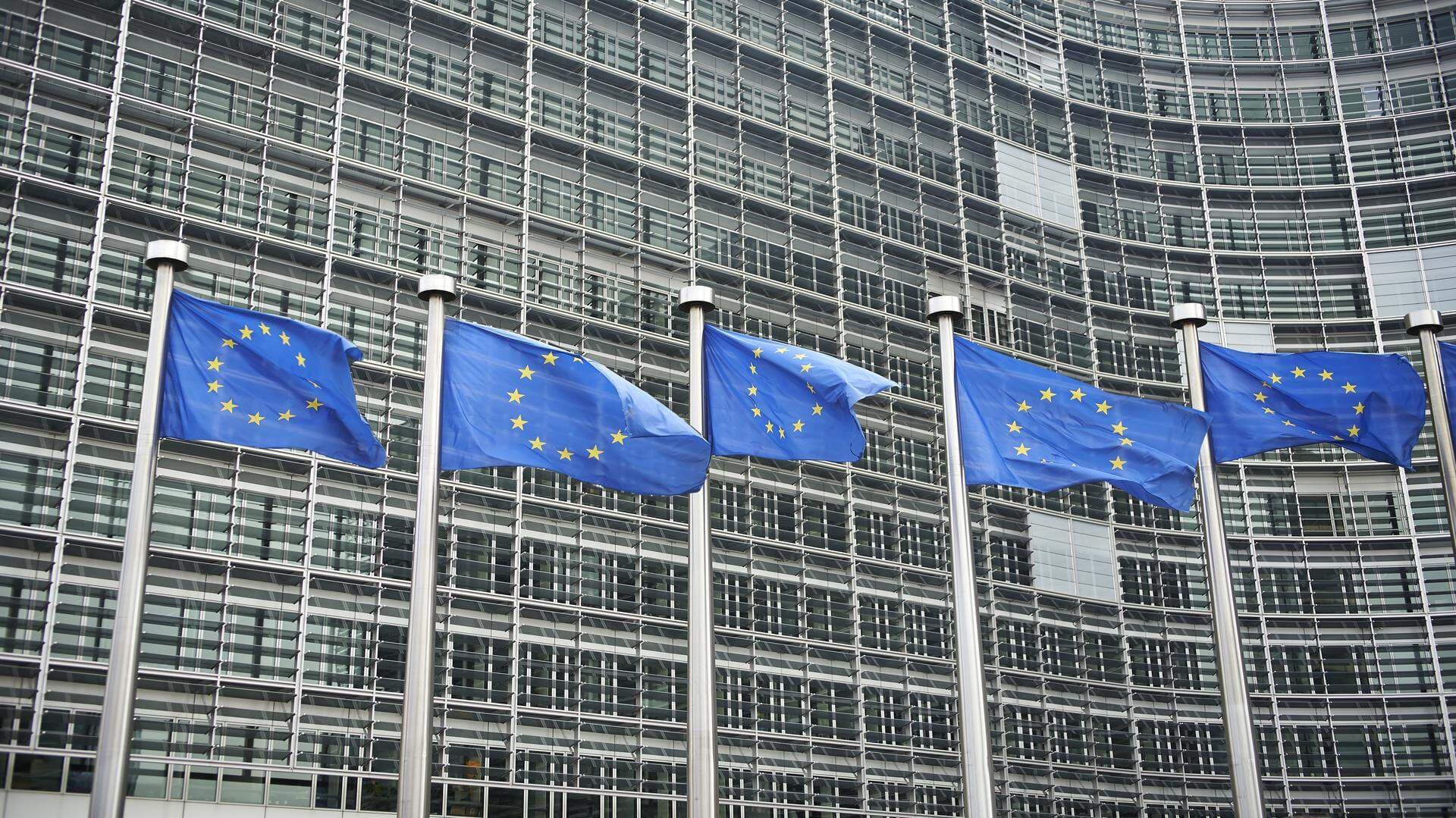Social dialogue must contribute to EU competitiveness
As proud carriers of the Nordic tradition of social dialogue, where autonomous social partners negotiate solutions, the Confederation of Swedish Enterprise acknowledges the significance of today’s Social Partner Summit at Val Duchesse.

It is indeed symbolic to make a renewed commitment to strengthening social dialogue at EU level at the very place where almost forty years ago the foundation was laid. At Swedish Enterprise, we look forward to contributing to the realization of the Pact for European Social Dialogue as contained in the Val Duchesse declaration.
Providing the conditions are right, we firmly believe that social dialogue can contribute to making Europe the best place to live, work and do business. Nevertheless, it is essential that all social dialogue activities also contribute to the international competitiveness of European businesses.
The competitiveness of the EU economies and, hence, our welfare, depends on the capacity of firms and industries to drive and adapt to change through innovation, raising productivity and achieving a presence in key strategic sectors.
Moreover, it is only through competitive companies and healthy economies in the EU member states that the high employment levels that are a prerequisite for providing European citizens with strong social rights and good living standards can be sustained. In fact, these conditions are linked; improved living standards cannot be created without growth and there will be no social Europe without jobs.
Furthermore, the rules and regulations that companies in the EU are obliged to follow must always be compared with the rules and regulations by which competitors outside the EU have to abide, particularly in Asia and North America. A lack of balance in this regard between the EU and the rest of the world will severely damage the competitiveness of companies based in the EU, putting us all at a disadvantage.
In addition, the shared competence in the area of EU social policy and the role of national social partners must be respected. After all, social policy is still primarily the responsibility of the EU Members states, while the functioning of the internal market as well as trade and competition policies are the exclusive competences of the EU.
In last year’s State of the Union address in which the promise of a second Val Duchesse social partner summit was made, Commission president Ursula von der Leyen also said that ”Europe will do ’whatever it takes’ to keep its competitive edge”. The Confederation of Swedish Enterprise will be very happy to see this delivered as well, especially in the area of social policy during the next political cycle.